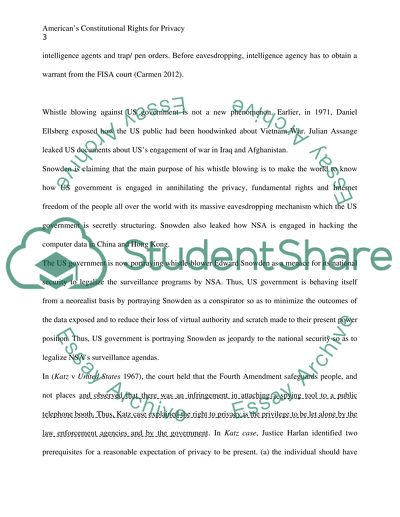Cite this document
(“Americans Constitutional Rights for Privacy Research Paper”, n.d.)
Americans Constitutional Rights for Privacy Research Paper. Retrieved from https://studentshare.org/history/1628005-americans-constitutional-rights-for-privacy
Americans Constitutional Rights for Privacy Research Paper. Retrieved from https://studentshare.org/history/1628005-americans-constitutional-rights-for-privacy
(Americans Constitutional Rights for Privacy Research Paper)
Americans Constitutional Rights for Privacy Research Paper. https://studentshare.org/history/1628005-americans-constitutional-rights-for-privacy.
Americans Constitutional Rights for Privacy Research Paper. https://studentshare.org/history/1628005-americans-constitutional-rights-for-privacy.
“Americans Constitutional Rights for Privacy Research Paper”, n.d. https://studentshare.org/history/1628005-americans-constitutional-rights-for-privacy.


